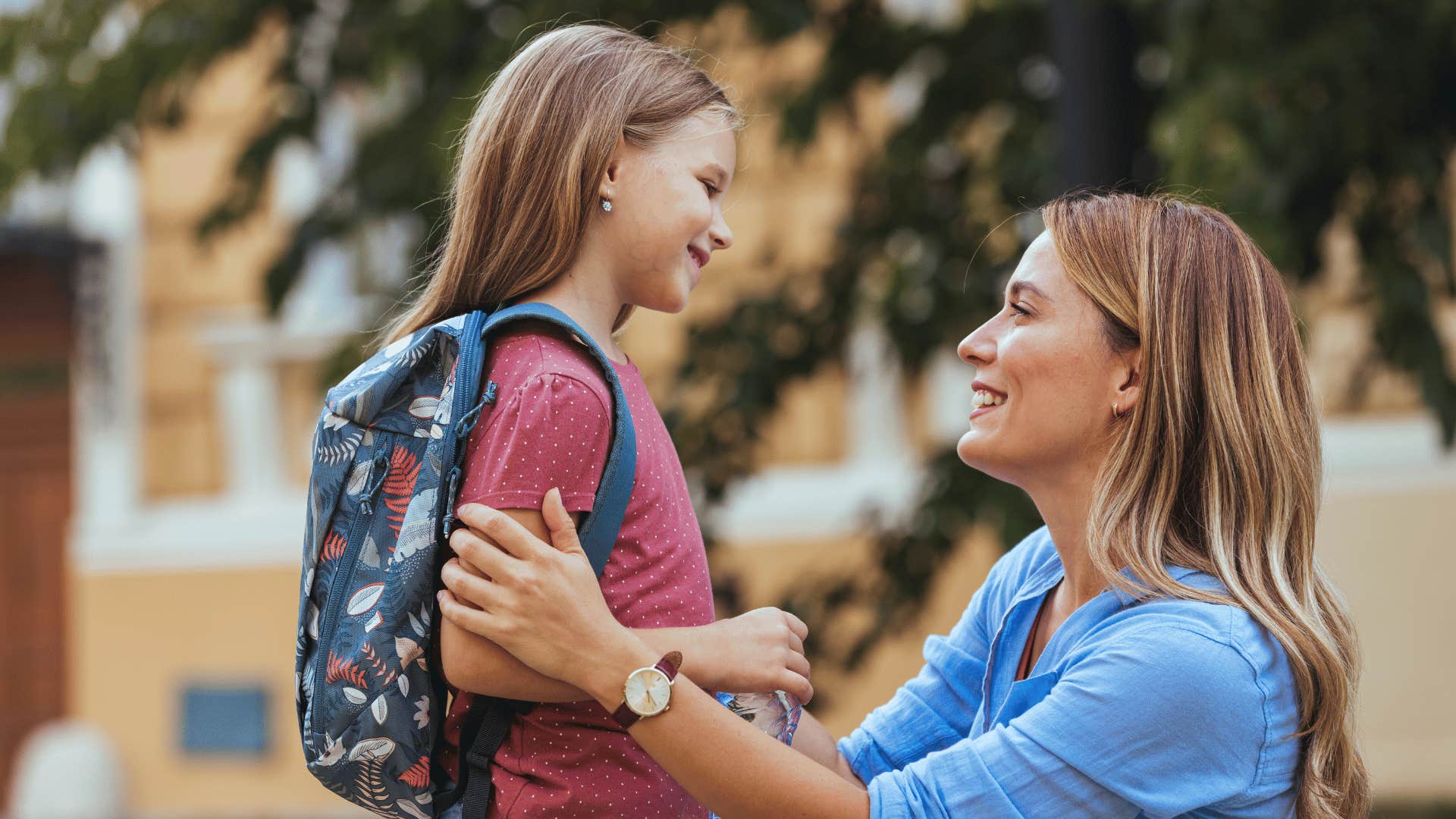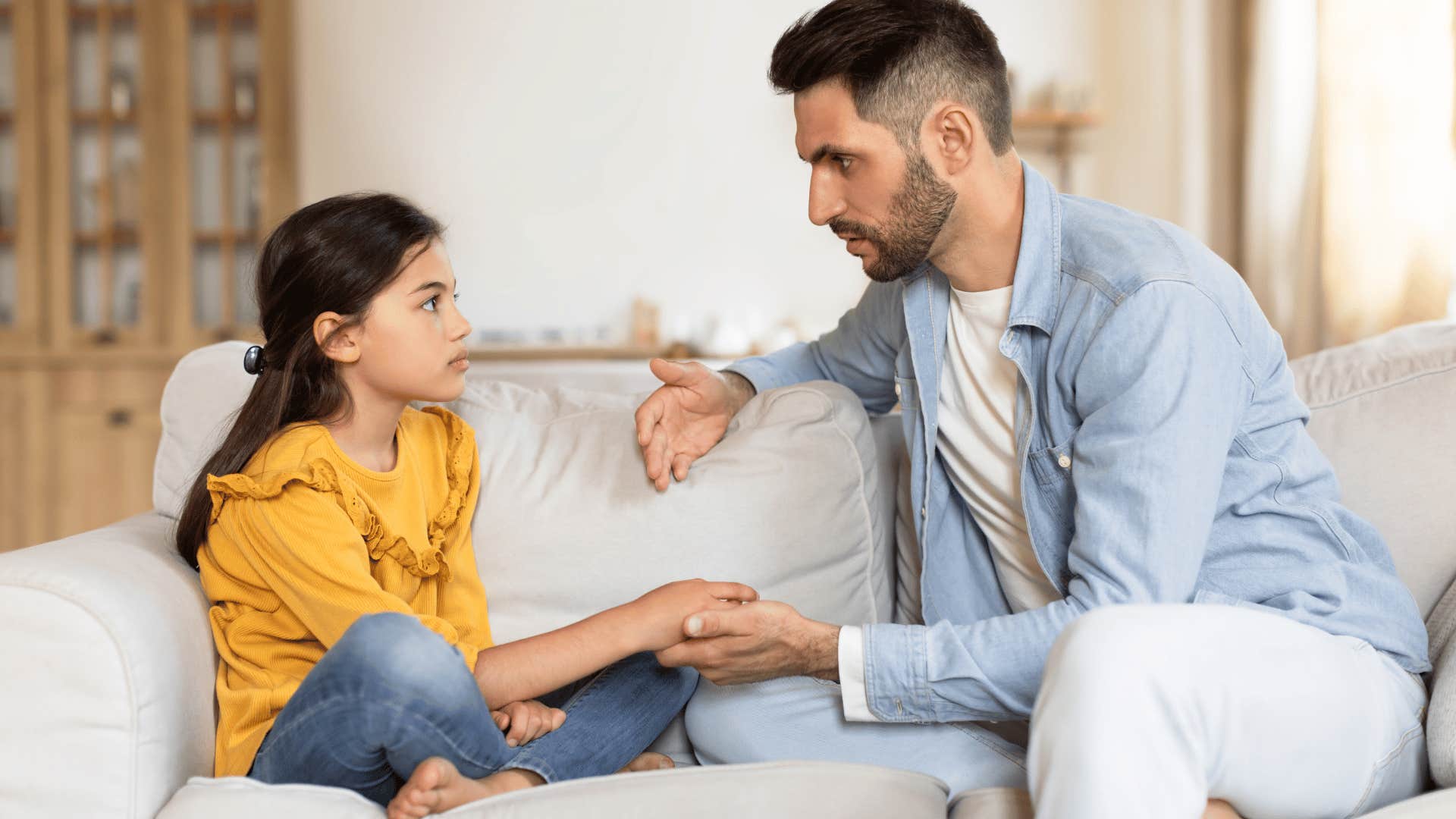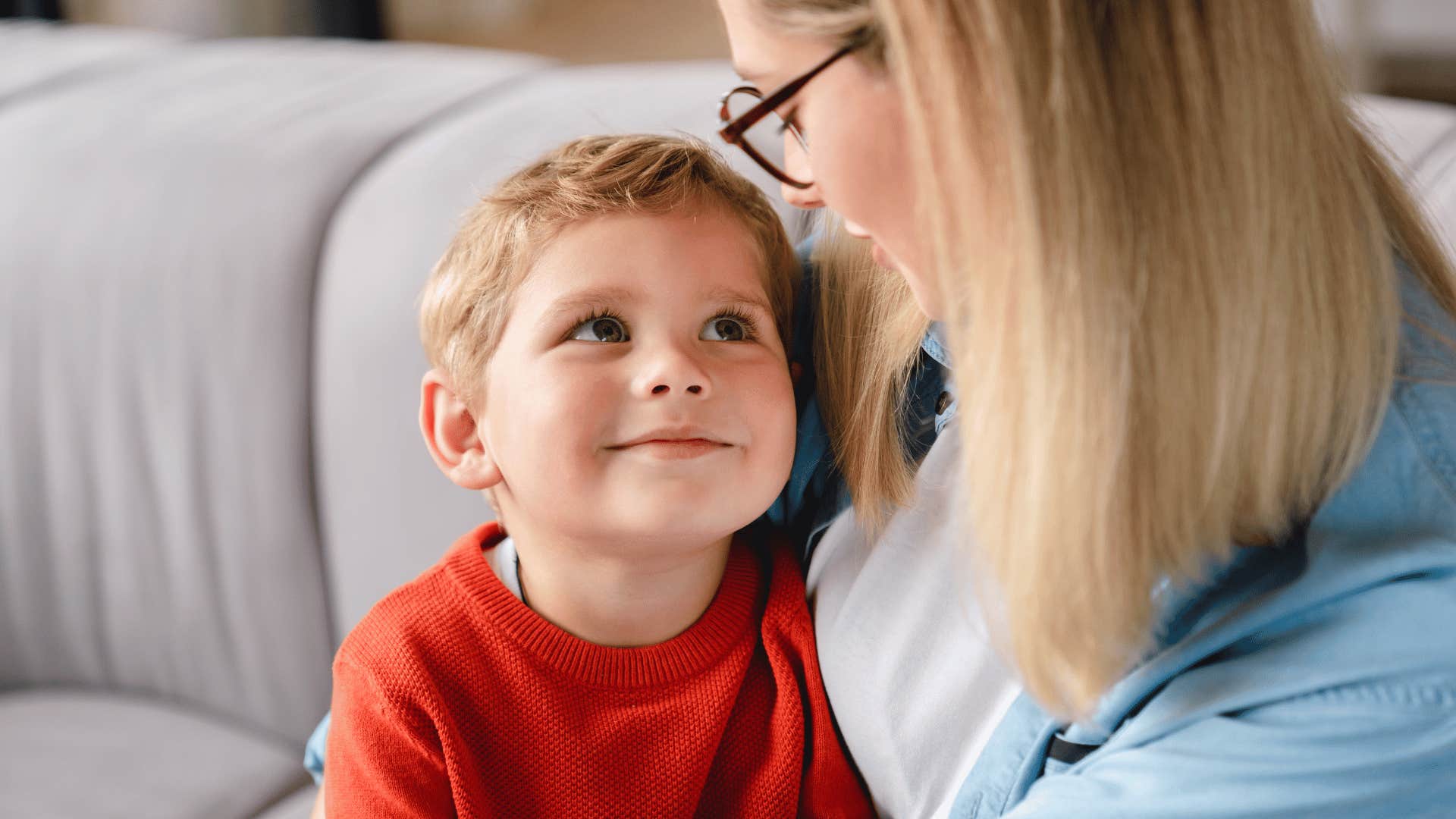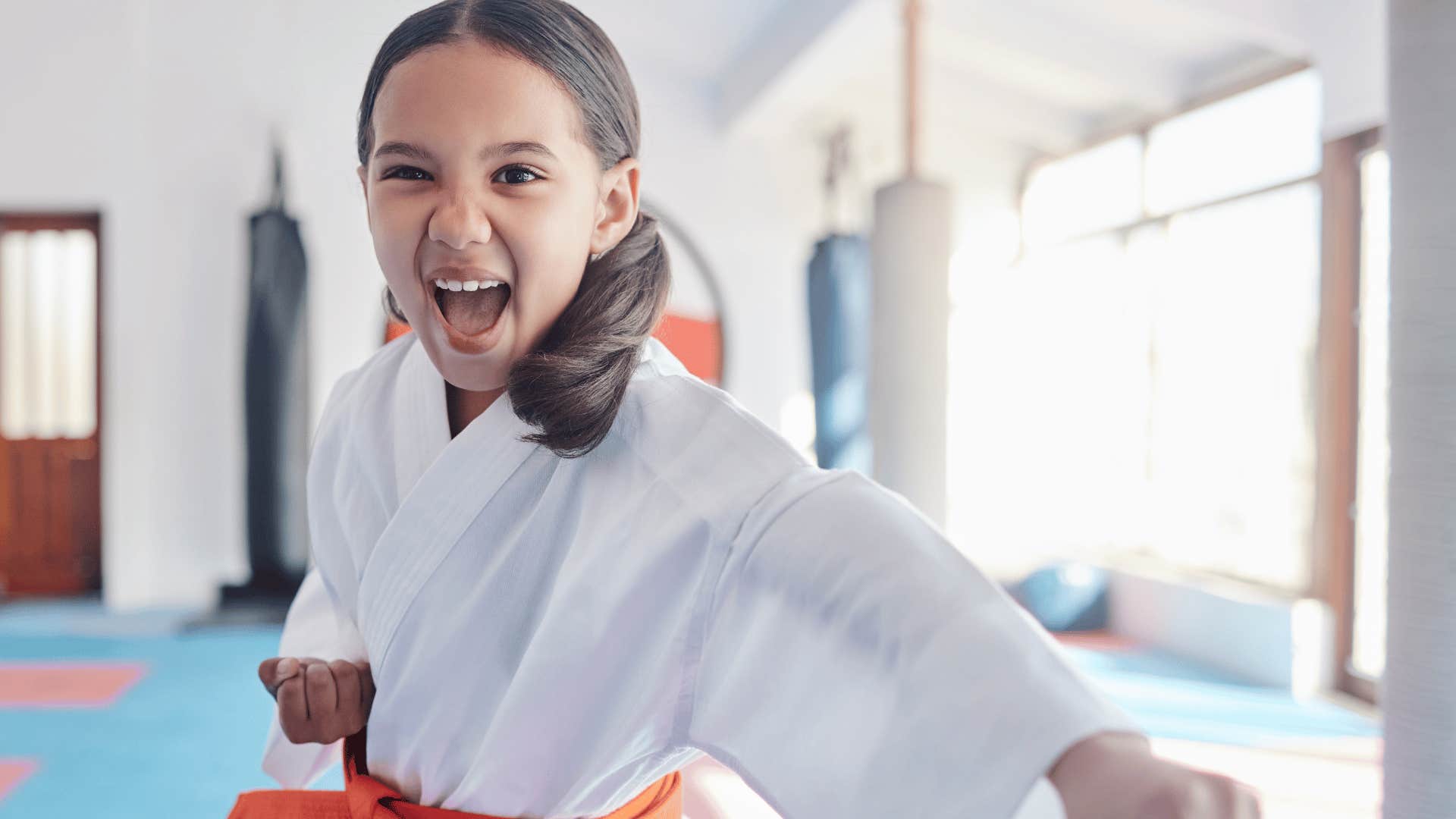Your Parents Did An Incredible Job Raising You If You Were Taught These 6 Old-Fashioned Life Skills
How to ensure your child knows how to survive in the world.
 Johnathan Borba | Unsplash
Johnathan Borba | Unsplash Your parents' top priority is caring for their children. This includes meeting your needs, providing some of your wants, and preparing you for the future.
Every parent raises their child in their own way, but one thing is true of all parents: They try to give their children the necessary tools to be independent adults. Consider that your parent did an incredible job raising you if they taught you these old-fashioned life skills.
Your parents did an incredible job raising you if you were taught these old-fashioned life skills:
1. How to carry yourself with confidence
 Rido / Shutterstock
Rido / Shutterstock
How does your child feel about him/herself? We teach confidence by allowing children to do things for themselves, giving them independence, describing their achievements without praising them, acknowledging their struggles without jumping in to do things for them, and allowing them to make choices.
Ensure that your child gets their daily dose of love and attention — hugs, kisses, kind words, and time together. A child whose needs are not being met is much more vulnerable.
2. How to have body integrity
 Dragana Gordic / Shutterstock
Dragana Gordic / Shutterstock
Children need to know that their body is theirs and nobody gets to do anything to it without their consent. As parents we need to step back sometimes and see how often we give them the opposite message — insisting on washing them, brushing their hair, forcibly dressing them, and insisting that they hug or kiss relatives.
We have to start respecting our child’s right to refuse these things. It’s a hard pill to swallow as a parent and it isn’t always easy to trust that they will not grow up filthy with a permanent bird’s nest and no manners.
Body integrity has to start at home and if we don’t respect this, we are already priming them for other people disrespecting their bodies. Learning about body integrity primarily focuses on understanding how young children develop awareness of their bodies, the concept of personal boundaries, and the right to bodily autonomy.
It often explores the idea that even young children have some level of understanding regarding their physical integrity and can assert their wishes regarding touch and personal space. However, research explained that this understanding evolves with age and cognitive development.
3. How to trust their instincts
 Prostock-studio / Shutterstock
Prostock-studio / Shutterstock
Our brains receive so much more information on an unconscious level than we ever become aware of consciously. We’ve all had those moments when we feel that something is not right and it turns out to be so.
We can’t explain how we knew, we just did. That is the power of responding to subtle cues from the unconscious mind.
We need to teach our children to tune into this wisdom and trust it. We do this by listening to them when they say they don’t feel like doing something, respecting them when they don’t want to be around a particular person, or even allowing them choice in what they eat (and knowing that their inner wisdom knows better than you what is good for them on this particular day).
4. How to voice their opinion
 DimaBerlin / Shutterstock
DimaBerlin / Shutterstock
Children need to know that "no" means "no" and the only way to learn this is if we allow them to say it and respect them when they do. If you ask your child to share their toys or eat their dinner or give you a lick of their ice cream and they say "no", then that means "no."
Children need to know that their voice is as important and as relevant and respected as an adult’s voice. They learn this by being given opportunities to talk, being included in family decisions, and being really listened to when they have a problem or want to share something.
It is very challenging raising a strong-willed child, but that trait that we dislike so much is the very trait that can save their lives one day.
Children learning to voice their opinions focuses heavily on developing communication skills, self-efficacy, and the importance of creating safe and supportive environments where children feel empowered to express their thoughts and feelings.
Research published in 2023 explored play-based activities, open-ended questioning, and creative expression to facilitate this development, particularly in early childhood settings.
5. How to know what to do in an emergency
 Inside Creative House / Shutterstock
Inside Creative House / Shutterstock
Rather than teaching stranger danger, focus on strategies for what to do in certain situations.
For example, what do you do if you lose your mom in the mall? My strategy with my kids was that they should find a woman with a baby or child and ask for help.
What do you do if someone that you don’t know asks you to come and see their new puppies? First, check with your mom if it is okay to go along.
What do you do if someone touches your body without your permission? Tell an adult, scream for help, etc.
The best way to teach these skills is to play role-playing games or even use puppets or toys to act out different scenarios. Let your kids come up with ideas for what they would do and then discuss these with them.
We must also be careful in our daily lives with our kids that we don’t mistakenly give the impression that screaming and making a scene is never appropriate. Sometimes they are essential and kids need to know that they can try this out.
6. How to defend themselves
 Yuri A / Shutterstock
Yuri A / Shutterstock
I honestly believe that every child should have some martial arts or self-defense training in their lives. Knowing how to handle ourselves in difficult situations gives us the kind of confidence that is very off-putting to predators. It also gives children the added advantage of having the element of surprise in a dangerous situation.
Children learning self-defense often emphasize its positive impact on their self-esteem, confidence, and ability to cope with potential threats. They usually focus on developing assertive behaviors and strategies to avoid or de-escalate dangerous situations, particularly when studying the effects of martial arts training on children.
A 2021 study also indicated that teaching self-defense can help children develop better coping mechanisms and resilience against bullying.
Hopefully, your children will never need to use these skills, but if they ever do, then it is better to have some skills than none.
And then, of course, we need to calm our fears so that our children don't pick up on our nervousness and belief that the world is a bad place. Of course, we need to be alert and awake as parents to potential dangers, but we also need to be realistic about our fears and practical in our approach.
If you have trauma from your childhood that hasn’t been dealt with, get some help. It is not fear of strangers that will help our children to stay safe, but knowledge, confidence, and self-respect.
Mia Von Scha is a transformational parenting coach, author, and counselor who helps parents overcome the fear of failure and navigate anxiety, as well as other mental health issues.

